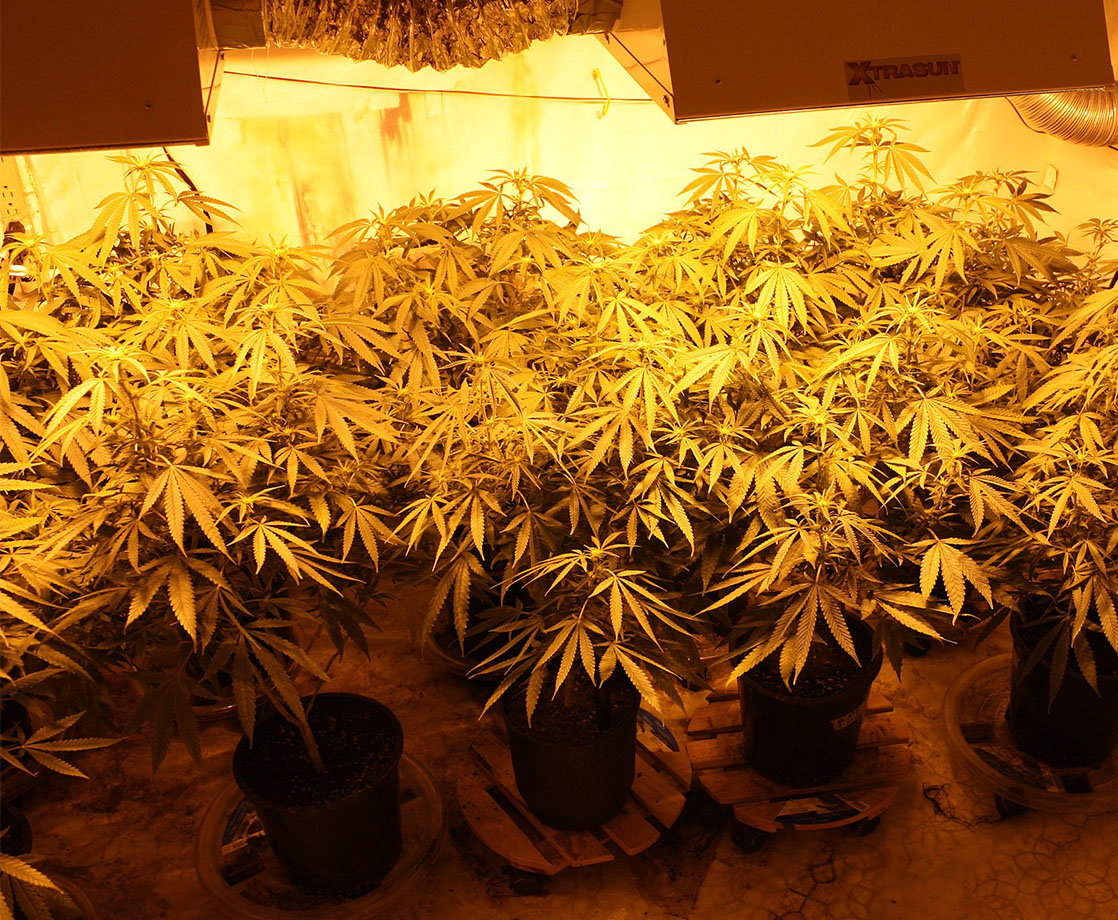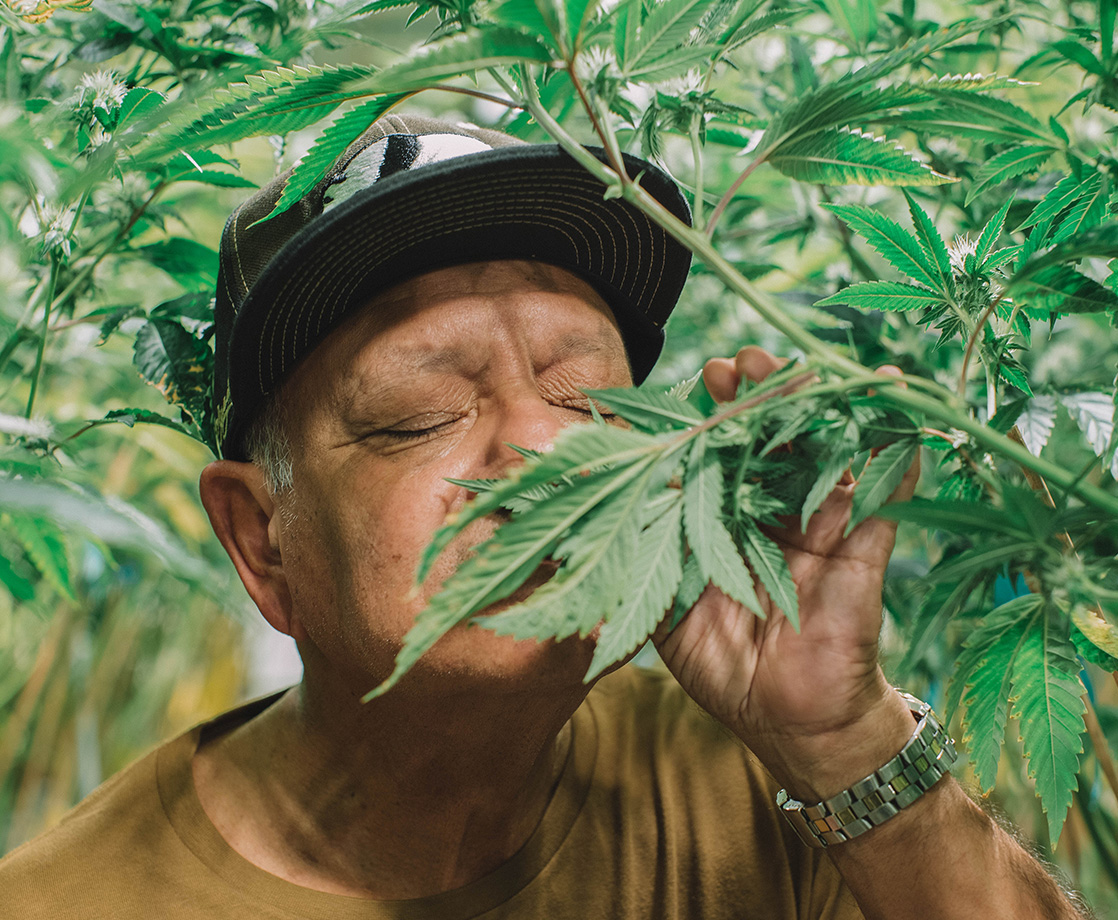Indoor cannabis cultivators in Denver, Colorado are using nearly four percent of the city's total electrical output, once again sparking concerns about the still-growing legal weed industry's long term environmental impact.
According to a report from Colorado Public Radio (CPR), the Denver Department of Public Health and Environment released new data this week illustrating the Mile High City's increased electricity use. Since Colorado legalized adult-use cannabis sales in 2014, Denver's green rush has resulted in the cannabis industry sucking up more and more of the city's total power usage, from one percent in 2014 to the current four percent — or a 400% increase over four years.
"It's significant," Emily Backus, sustainability advisor for the Department of Public Health and Environment, told CPR. Backus also noted that cannabis-focused electricity use is "growing overall at a much faster rate than the overall energy use in the city."
As cannabis reform continues to pick up steam across the country and more states and local municipalities welcome regulated weed grows, the energy used by indoor cultivators has been a constant concern for both regulators and environmental activists.
Indoor grows — which help growers produce higher yields, control quality, and stay out of sight — require high-powered lights, numerous fans, and 24/7 security systems to produce their densely packed nug. In 2016, a report from the Washington Post and data analysis firm New Frontier found that cannabis production accounted for one percent of total American energy use, or the equivalent of 1.7 million households and $6 million in electric bills.
"Marijuana is the most energy-intensive agricultural commodity that we produce, and that's largely because of the very high energy costs associated with its cultivation and production indoors," John Kagia, the author of the 2016 New Frontier report, told the Post.
In the two years since that report was released, Denver growers have actually decreased their energy consumption per pound of pot through the use of LED lights and energy efficient cooling systems. Some Colorado-based industry players are even embracing "hempenomics" to make their operations more sustainable. But with a still-growing market and increased competition, eco-friendly cultivation practices are not the norm, and Colorado growers are yet to create the widespread energy efficiency environmentalist are looking for.
"It does offset our electrical use," Tim Cullen, CEO of Denver-based cannabis producer Colorado Harvest Company, told CPR about the use of energy efficient growing techniques. "But it's little bits at a time, and it's over years and years and years."
Eventually, Denver officials and growers alike say that moves towards greenhouse grows, outdoor cultivation, and energy-efficient indoor setups will bring the cannabis industry in line with traditional agriculture businesses and reduce power use to a more manageable level. But even by conservative estimates, those changes could take another decade or two.
"I think this will be a short 10-20 year period in Colorado's cannabis history that changes in the future as marijuana is more socially accepted and federally accepted, and production methods are allowed to be more agricultural and less clandestine," Cullen told CPR.
Follow Zach Harris on Twitter











